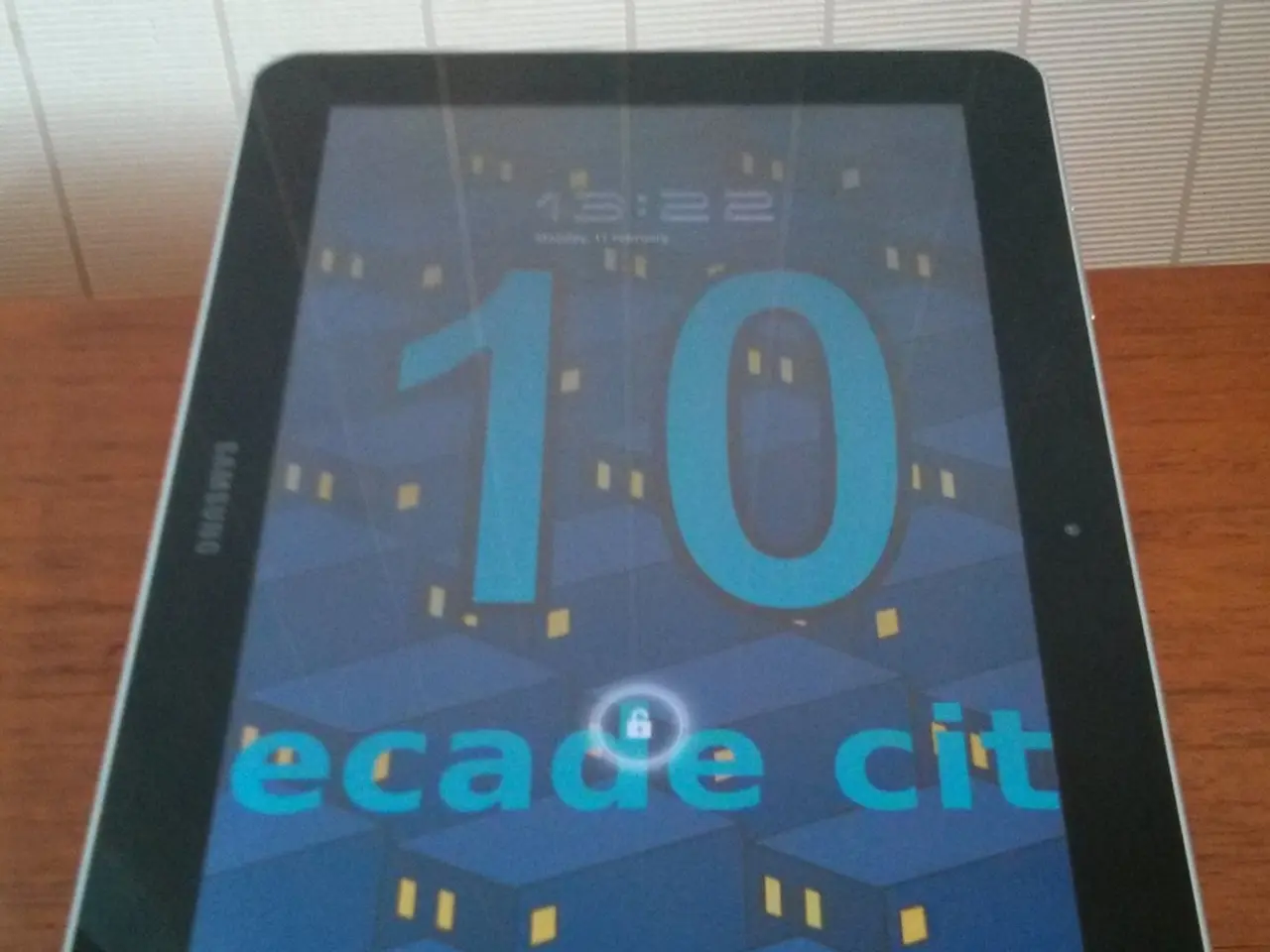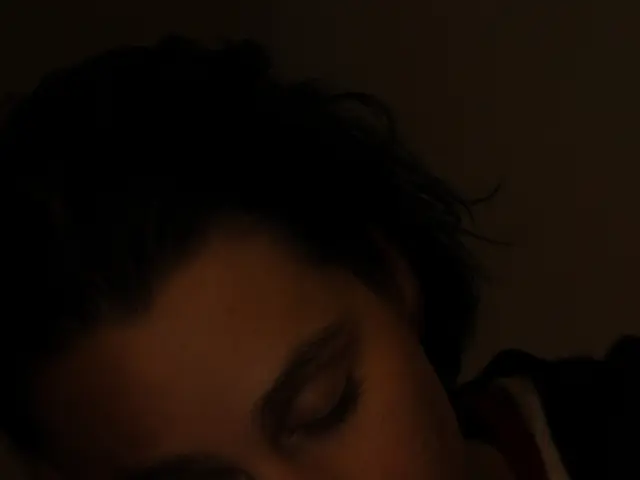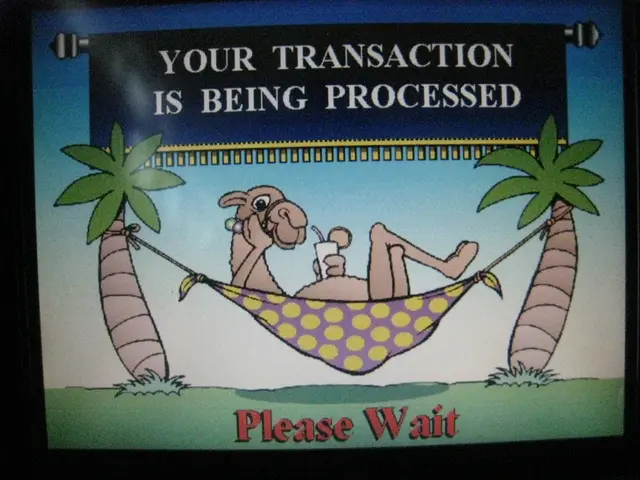Screens' Impact on the Brain and Mental Health: Alterations Resulting from Gadget Usage
Late-night screen time, especially on social media, is a hazardous habit that robs sleep and sets the stage for a gloomy mood and potentially even depression. Picture this: staring at screens past your bedtime, endlessly scrolling through feeds that gradually turn your zzz's into gloom. Sounds scary, right?
Researchers from the journal JAMA Pediatrics shed light on this issue, examining nearly 1,000 children and the effects of smartphone addiction on brain function and mental health from ages 9 to 10 to 11 to 13.
The Culprits: Less sleep and Brain Changes
Adding an extra hour on screens at 9 years old can accumulate depression symptoms like sadness and a loss of interest in life by 13 years old. Doesn't sound pleasant, does it?
- Lack of sleep: More screen time typically results in less sleep.
- Brain changes: The "white matter" in the brain, which is like a highway system for nerve signals, becomes impaired due to sleep deprivation caused by screens. This is particularly true in the emotional zones of the brain.
Think of it this way: More screen time (especially mindless scrolling), less sleep, poorer white matter organization in crucial emotional zones, and a higher risk of depression.
Experts' Advice
Dr. João Paulo Lima Santos, one of the authors of the study from Pittsburgh University, advised:
- Sleep isn't just important for health; it's a key component that affects the brain and mental state of teenagers. This emphasizes the need for balance in lifestyle.
Dr. Adrian M. Sonner, co-author of the study, added:
- Parents can mitigate the negative impact of screen time by promoting healthy sleep habits and limiting gadget use before bedtime.
Strong Sleep = Healthy Brain = Good Mood
- Digital Sundown: Banish gadgets an hour before bed. Replace screen time with a physical book, calming music, or a peaceful movie on a projector screen.
- Sleep Ritual: Consistency is king for healthy sleep. Maintain a clear bedtime and wake-up time, even on weekends.
- Movement over Screen Time: A walk before sleep is better than a long scroll session. Get some fresh air, and if you'd rather not, bring a pet or a friend along for the walk.
- Sleep is Your Superpower: Teens respond to reasons they understand. So, explain the power of sleep for energy, good mood, and improved brain function.
By balancing screen use and ensuring sufficient sleep, we can help teenagers maintain a healthy brain, positive emotions, and overall well-being. Now, get off those screens and catch some zzz's!
- Excessive screen time, particularly during late evenings, can lead to less sleep, which in turn can result in impaired "white matter" in the brain's emotional zones, potentially contributing to depression and other mental health issues.
- A healthy lifestyle for teenagers involves fostering good sleep habits, such as banning gadgets an hour before bed, establishing a consistent sleep routine, choosing activities like walking over prolonged screen time, and understanding the benefits of sleep for overall brain health and mood.








